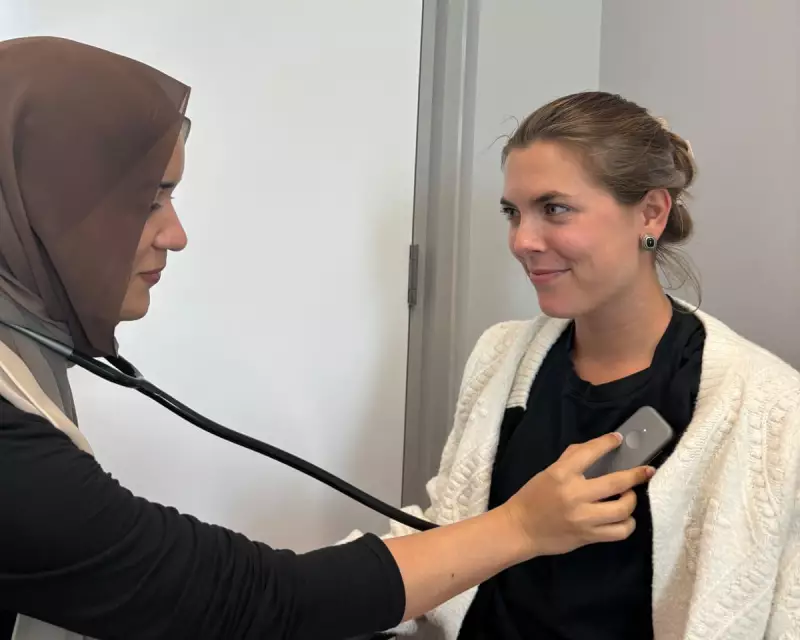
London's medical community is witnessing a healthcare revolution as doctors trial a groundbreaking AI-powered stethoscope that's setting new standards in heart disease detection. The innovative technology, currently being tested across multiple London clinics, is demonstrating remarkable accuracy in identifying cardiac conditions that might otherwise go unnoticed during routine examinations.
The Future of Cardiac Care Has Arrived
This cutting-edge device represents a significant leap forward in diagnostic technology. Unlike traditional stethoscopes that rely solely on a doctor's trained ear, this AI-enhanced instrument analyses heart sounds with sophisticated algorithms capable of detecting subtle abnormalities indicative of serious heart conditions.
How the AI Stethoscope Works
The smart stethoscope captures heart sounds and immediately processes them through machine learning algorithms trained on thousands of cardiac recordings. Within seconds, it provides doctors with detailed analysis and risk assessments, flagging potential issues that require further investigation.
Transformative Impact on Patient Outcomes
Early trials in London healthcare settings have shown promising results:
- Detection of heart valve disorders with over 90% accuracy
- Identification of early-stage heart failure signs previously missed
- Reduced waiting times for specialist referrals
- Enhanced ability to monitor chronic heart conditions
Medical Professionals Embrace the Technology
London doctors participating in the trial report that the AI stethoscope has become an invaluable tool in their diagnostic arsenal. The technology doesn't replace medical expertise but enhances it, providing additional data points and confidence in their assessments during routine patient check-ups.
The Road Ahead for AI in Healthcare
This development signals a new era for medical technology in the NHS. The success of the AI stethoscope trial in London could pave the way for wider adoption across the UK healthcare system, potentially transforming how routine screenings are conducted and improving early detection rates for cardiovascular diseases nationwide.
As the technology continues to evolve, researchers are optimistic about its potential to integrate with electronic health records and provide long-term monitoring solutions for patients with chronic heart conditions, ultimately saving lives through earlier intervention and treatment.





